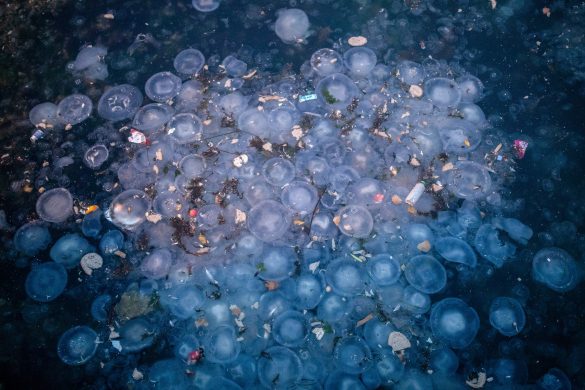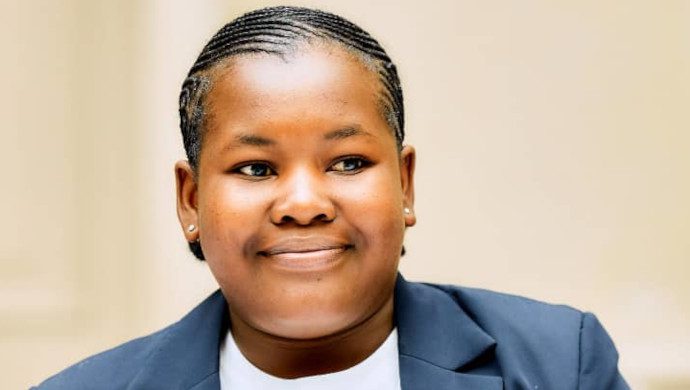The World Bank has investigated hundreds of cases of possible staff misconduct in the few last years, while there have been no such cases in the Swedish and Norwegian aid agencies.
In an interview with Development Today (Norway), the World Banks anti-corruption chief Maarten de Jong suggests: “Maybe they should look harder”, the World Bank press review reports Friday.
The World Bank has built up a solid integrity department (INT) with specialists and investigators and it has put in place a system where staff feels comfortable to come forward and make allegations without fearing retaliation or job insecurity.
De Jong says that when he came to the organization in 2001, less than 25 percent of the allegations to INT came from Bank staff. Now the figure stands at 60 percent. “Staff feels comfortable to share with us what they see and what they hear,” he says.
De Jong came to the World Bank after widespread corruption was revealed in its Consultant Trust Funds (CTFs) involving Bank staff.
– The Bank had a very stiff learning curve after that case. We were able to get a much better idea about how transnational grand corruption works and a view of the anatomy, he says.
The Bank initiated several measures to improve control and monitoring of consultancy trust funds. A task force managed by the Managing Director was launched and a unit looking exclusively at whether the Bank and its clients apply with the rules.
The World Bank is now putting more efforts into becoming more corrective and changing their intervention from treatment of symptoms to prevention. The Bank also has a portfolio of 600 anti-corruption programs in more than 100 countries.
De Jong says: – That is unprecedented. No-one else has put something like that in place. The Bank at this point is a leading player against corruption globally and we have strong commitments to even become better.
The World Bank also has the only public blacklist.
The Bank considers anti-corruption work to be an important contribution to accomplish the Millennium Development Goals.
De Jong outlines a six-point agenda for what has to be done.
1) The national government should take white collar legislation very seriously in terms of enforcement.
2) Another important issue is to establish an international compliance system.
3) The third point is business ethics. Companies are very much in a position at this point to put in place so-called business integrity management systems.
4) The work within the UN bureau for anti-corruption, which is chaired by de Jong, also has to be strengthened.
5) His fifth point is cooperation with businesses, encouraging them to share as much as possible of the information they have about collusive behavior and corruption in borrowing countries. De Jong says cooperating firms can be given leniency concerning black listing, such as shorter periods or smaller fines.
6) The last point concerns development banks and agencies: They have to meet and get in place better and more standardized rules, definitions and terms so wherever a company goes all agencies work with the same goals, De Jong says.
Kilde: www.worldbank.org














